VET APPROVED

The information is current and up-to-date in accordance with the latest veterinarian research.
Learn more »Unlike other animals, ferrets tend to have fairly poor eyesight, meaning they often need to rely on their other senses to navigate the world. Their mouths help them compensate for their bad eyes and are one of their primary vehicles for investigating their environment. It’s common for ferrets to use gentle mouthing or nipping as a way to investigate objects, play, or communicate. This behavior is normal, especially in young or curious ferrets. If your ferret occasionally nips you, it’s often not a sign of aggression but a natural part of how they interact and learn about their surroundings. However, if the biting is hard, frequent, or seems aggressive, there is usually a reason behind it. Of course, biting isn’t exactly pleasant. In this article, we will discuss some reasons why your ferret may bite you, as well as some tips for stopping the behavior.

The 5 Reasons Why Your Ferret Bites You
1. It’s Scared
Fear is one of the most common reasons why an animal will bite. If your ferret is not used to being handled or has been handled poorly in the past, it may be more inclined to bite you when you pick it up. While it may seem like a good idea to punish your ferret for biting by tapping it on the nose, this kind of response can actually make your ferret more fearful and more inclined to bite.
Understand that it may take some time for your ferret to get used to you and being held by you. Start out slow by earning your ferret’s trust. Give it plenty of opportunities to sniff your hand, and don’t skimp on treats. Start to gently touch them under the chin, behind the ears, or along the back, pairing this with their favorite treats. Over time, your ferret will likely begin to positively associate your hand with something good and won’t mind being held so much.

2. It Wants Attention
Your ferret can’t talk to you in order to ask for what it wants, so naturally, it must find other ways to communicate with you. Biting is one of the most effective ways to tell you that it wants attention. As discussed, it’s also one way of communicating that it wants to be put down. The best way to address attention-seeking biting is to show your ferret that it doesn’t work. If you do not react, your ferret will learn not to bite to get what it wants. Pay attention to other signals your ferret may be sending you to indicate that it wants your attention.
3. It Wants To Play
Some ferrets will nip their owners because they want to play. They don’t do it in order to inflict harm and they probably don’t realize that they might. While a playful nip seems harmless enough, it’s important that you teach your ferret that biting is not the way to get you to play. When this happens, immediately stop paying attention to your ferret. Show that you are disengaging by pulling your hands away or even walking away from your pet. Do this every time play-nipping happens. Conversely, when your ferret plays without biting, make sure to reward the behavior with treats and your attention.
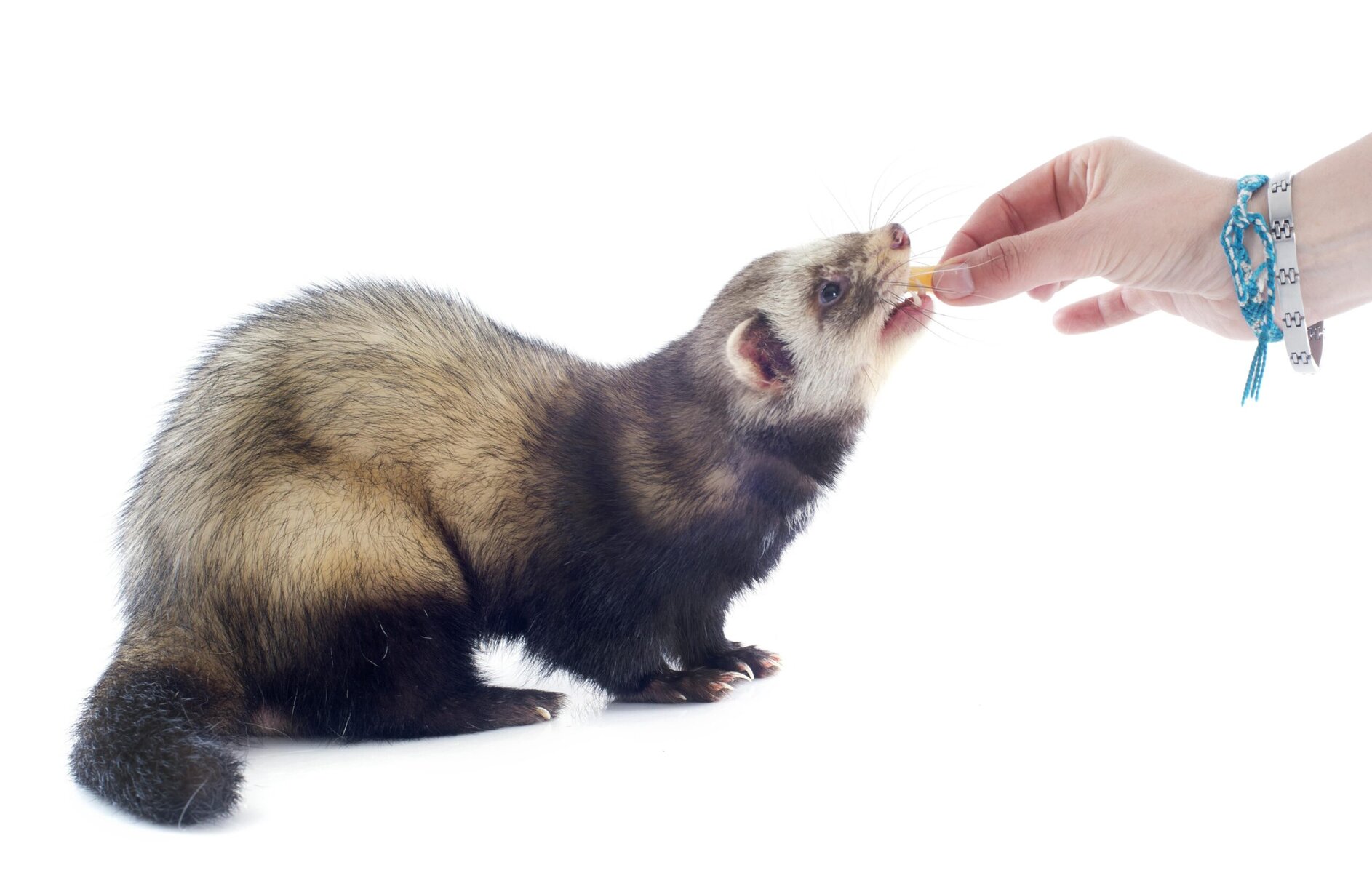
4. It’s Reacting to a Scent
It may seem obvious, but if your hand smells like food, your ferret is likely to bite. As stated, ferrets have poor eyesight, so it may not necessarily realize it is biting you. In some cases, certain scents such as nail polish remover, cleaning solutions, paint, or other substances may be causing your ferret to react out of aggression. Cleaning your hands thoroughly before you try to handle your ferret should help in this case.
5. It’s Sick
There are many physical reasons why your ferret may be biting. If your ferret never used to bite you as a juvenile suddenly starts a habit of biting as an adult, hormones can be to blame. A wide range of illnesses that cause pain could also be the culprit; the biting could be your pet’s way of telling you that it isn’t well. Whatever the case may be, if you have had your ferret for a while and the behavior is new, it’s probably time to bring it to the veterinarian for a checkup.

Final Thoughts
Biting is one way ferrets communicate, and it can happen due to play, fear, stress, or even pain. Identifying the cause is key to addressing the behavior and helping your ferret feel more comfortable.
- Related Read: Best Ferret Toys – Reviews & Top Picks
Featured Image Credit: VITCOM Photo, Shutterstock
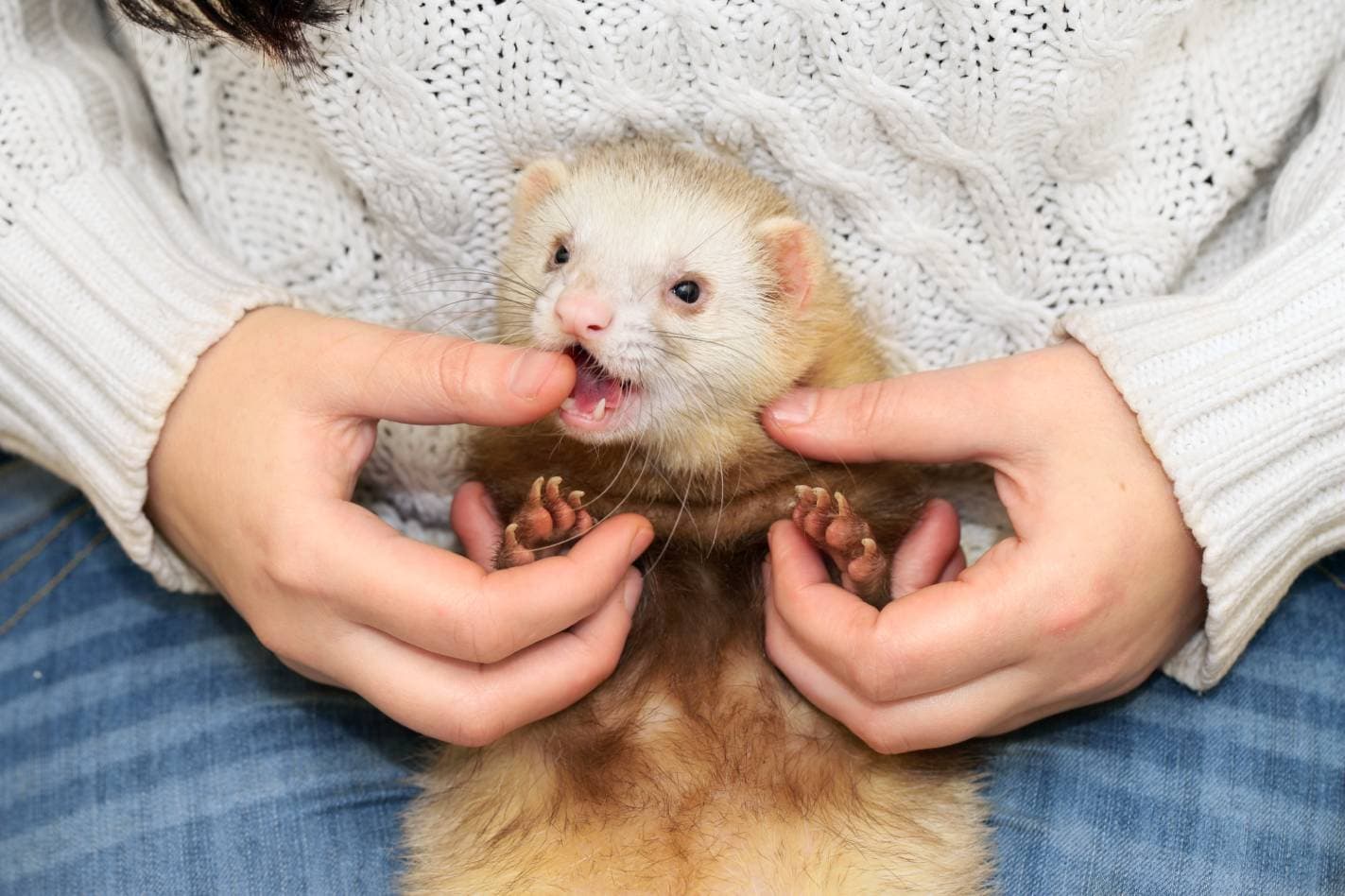





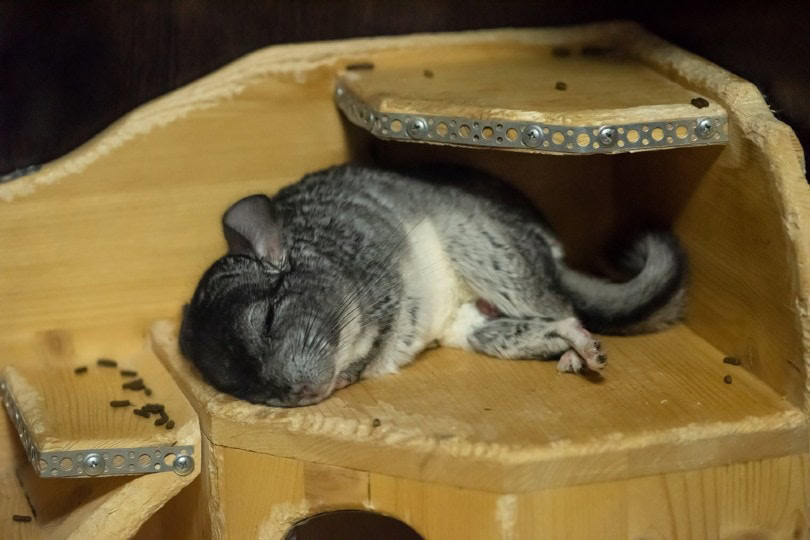
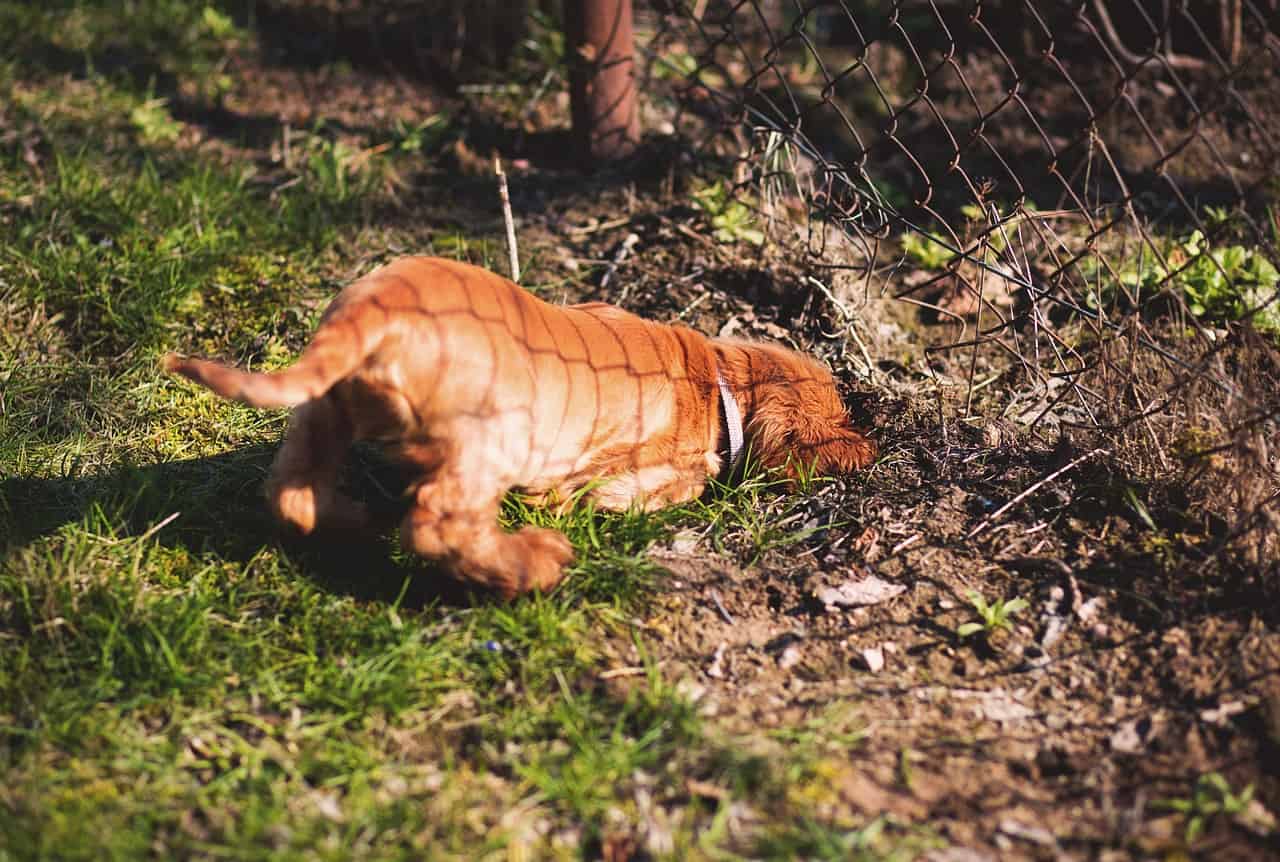
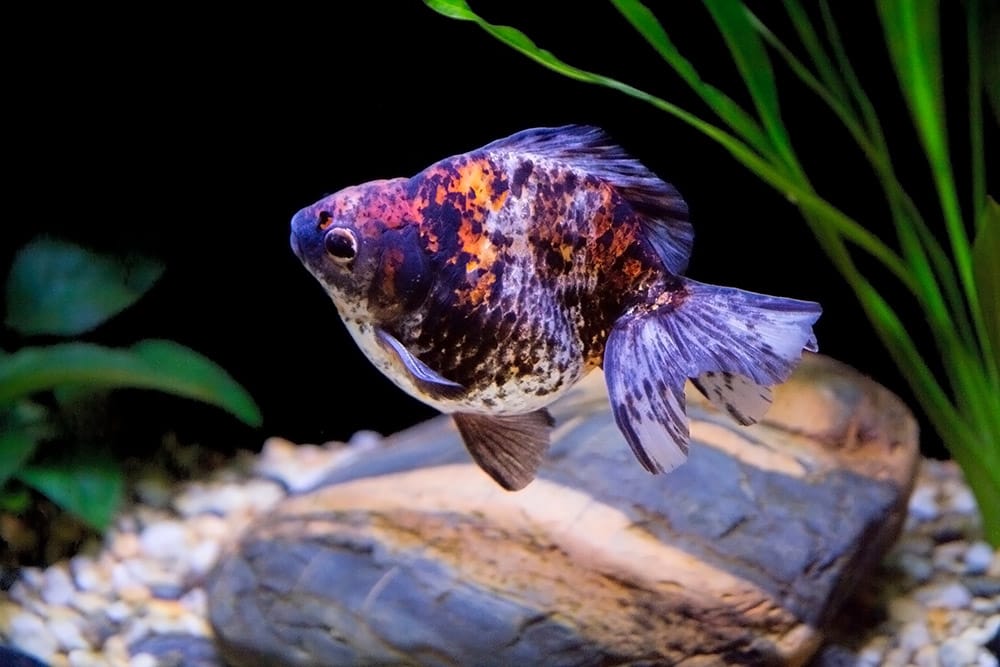


One Response
why do ferrets bit when i squeeze a toy?